HR differences between the Netherlands and U.S.A
Employment regulations and benefits vary greatly between the Netherlands and the United States. Being aware of the differences can help you become more attractive as an employer and make sure that you do everything legally throughout the entire employment process from hiring to contracting a full-time employee.
Employment contract (At will agreements)
An employment relationship is called an “employment at will” in the US. This means that both parties can cancel the employment relationship at any time without giving reasons and liability.
Salary
The salary differs per company, but the differences are also very large per state. It may well be that someone with the same job in New York earns twice as much as someone in Texas. On the other hand, the Cost of living in New York is also much more expensive.
CVs
Unlike in the Netherlands, you will not find the date of birth, age, or nationality on CVs in the US. The idea is that you select someone on the basis of experience and qualities.
Job interview
Do not ask questions about age, gender, race, or (original) nationality during job interviews with Americans. American anti-discrimination law also applies during the recruitment and selection of personnel.
Holiday pay
This is not required by the federal government in the US.
The result is that it is unusual for an employer to offer holiday allowance in the US as a working condition.
Leave and sick pay
This is not required by the federal government in the US.
The result is that this varies greatly from one company to another.
Holidays (Holidays)
The amount of public holidays in a year differs strongly per company and concerns other holidays as in NL. Generally, this is between 6 and 12 days.
Free days (PTO = Paid Time Off)
The amount of freely available days in the year also varies greatly per company. You generally see 5, 10, or 15 days, and this can be inclusive or excluding sick days. You also sometimes see differences between management and non-management.
Disease days (Sick days)
Some employers offer a number of paid sick days per year. When they are finished, you use free days (PTO).
Unpaid leave (Unpaid leave)
If sick days and/or days off are on and an employee is sick or absent, this will be unpaid leave.
Need advice?
It is wise to call in an employment lawyer to protect your company against liability. For example, if you dismiss an employee, draw up an employment contract or a confidentiality statement, or compile an internal manual that defines the company’s policies and procedures. By getting an expert right away, you limit your liability risk to a minimum.
Want to know more about YER USA? Go to the website: www.yer-usa.com

